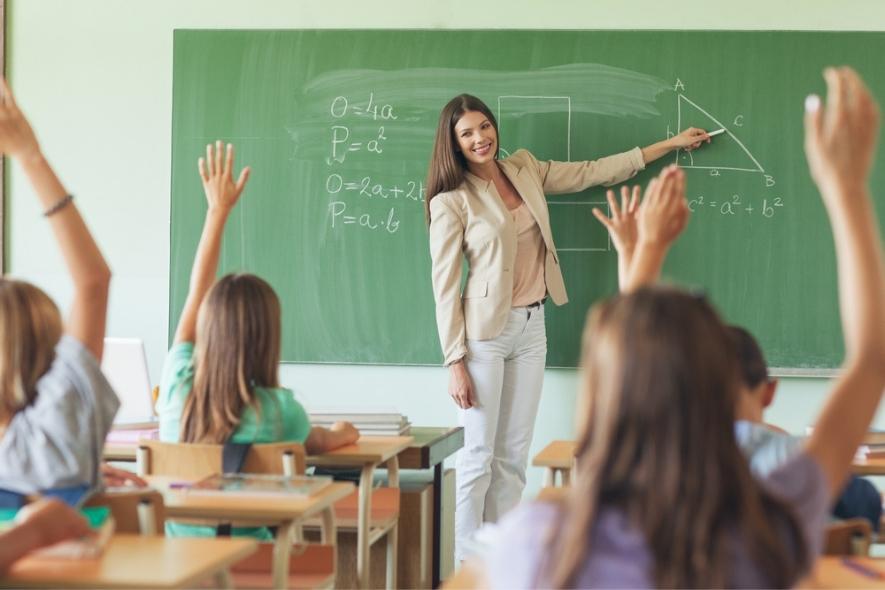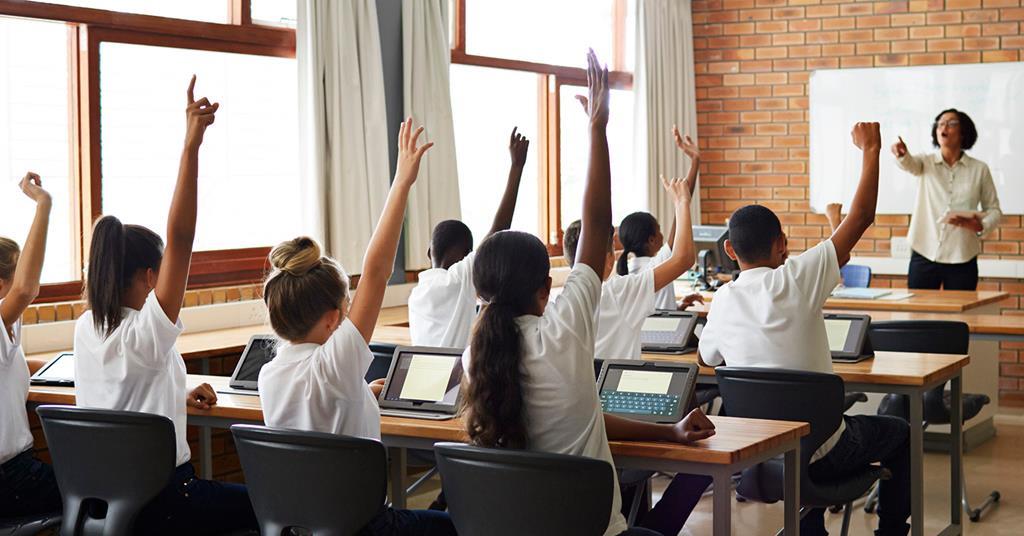Achieve Academic Success with Primary Science Tuition Singapore
Exploring the Different Training Approaches in Main Science Education Today
Inquiry-based understanding, hands-on experiments, and the combination of modern technology are redefining exactly how educators involve young minds. Additionally, joint techniques and differentiated guideline are being employed to cater to the diverse needs of pupils, enhancing both involvement and understanding.
Inquiry-Based Knowing
Inquiry-Based Learning (IBL) is an instructional strategy that encourages trainees to explore scientific principles with questioning, examination, and hands-on experimentation. This technique emphasizes the duty of students as active participants in their knowing, advertising important reasoning and problem-solving skills. By engaging with real-world inquiries, trainees come to be inspired and interested, which enhances their understanding of scientific concepts.
In IBL, educators work as facilitators, guiding pupils as they navigate their inquiries instead of providing information directly. This student-centered technique permits for distinction, accommodating numerous finding out styles and paces. Pupils create abilities in creating theories, making experiments, and analyzing data, which are vital for clinical proficiency.
In addition, IBL promotes cooperation among students, urging them to share concepts and findings. This collective inquiry promotes social skills and a sense of area within the classroom. Moreover, the process of inquiry urges durability, as trainees learn to embrace failing as a tipping rock towards understanding.
Hands-On Experiments
Hands-on experiments are an important element of reliable science education, enhancing the concepts of inquiry-based understanding. These experiments permit students to involve directly with scientific concepts, cultivating a deeper understanding via experiential learning. By adjusting materials and observing outcomes, young learners can comprehend abstract theories in tangible methods.
Such activities advertise vital reasoning and problem-solving skills, as students assume outcomes, conduct experiments, and examine outcomes. This process motivates them to ask questions, fine-tune their understanding, and establish a scientific mindset. Hands-on experiments can be customized to diverse discovering styles, guaranteeing that all trainees have the chance to engage meaningfully with the web content.
Furthermore, hands-on experiments usually encourage cooperation amongst peers, advertising teamwork and communication abilities. Working in groups enables trainees to share concepts, discuss findings, and gain from one an additional, which enhances their general academic experience.
Integrating hands-on experiments right into the main scientific research curriculum not only enhances the discovering atmosphere yet additionally cultivates a long-lasting passion in scientific research. By proactively taking part in their education, students are most likely to create a passion for scientific inquiry that expands past the classroom.

Modern Technology Assimilation
Incorporating modern technology right into key science education and learning has actually come to be significantly important in promoting student engagement and improving discovering results. Using electronic tools, such as interactive simulations, virtual labs, and educational software, supplies trainees with opportunities to explore clinical concepts in ingenious ways. These sources assist in a deeper understanding of complex topics by permitting learners to visualize and control variables that would be impractical in a traditional class setting.
Additionally, modern technology combination encourages individualized finding out experiences. Pupils can advance at their very own speed, revisiting challenging principles with multimedia resources, which satisfy various discovering styles. This versatility not only sustains private growth yet likewise grows a sense of autonomy in learners.
Additionally, innovation acts as a bridge to real-world science, attaching students with existing research and professional contributions. Accessibility to scientific journals and on-line databases expands pupils' viewpoints on scientific questions and fosters important thinking skills.
Collaborative Understanding
Collaborative knowing plays an essential duty in primary science education and learning by fostering team effort and interaction abilities amongst pupils. This technique urges students to interact, share knowledge, and participate in analytical, which boosts their understanding of clinical concepts. By joining group activities, trainees discover to articulate their ideas, listen to diverse point of views, and discuss services, every one of which are crucial abilities in both real-world and academic contexts.

Research study indicates that collaborative understanding can cause raised motivation and interaction in science topics, as trainees discover pleasure in common experiences (primary science tuition Singapore). In addition, this strategy prepares students for future collective undertakings, equipping them with the abilities needed for effective team effort in college and specialist atmospheres. Inevitably, welcoming collaborative discovering in key scientific research education can dramatically enrich the knowing experience and advertise a much deeper understanding of scientific inquiry
Separated Guideline

Set apart guideline can show up in numerous means, such as varying the content, processes, or items of understanding. Instructors may use tiered assignments that provide differing degrees of intricacy, enabling students to function at their corresponding preparedness levels. Additionally, adaptable organizing methods can help with partnership among students with various capabilities, fostering peer knowing.
Assessment plays a crucial duty in this technique, look at this site as it informs guideline and assists educators recognize each trainee's unique demands. Formative evaluations, such right here as tests and monitorings, can guide educators in readjusting their techniques to boost learning end results. primary science tuition Singapore. Ultimately, by carrying out distinguished guideline in key science education, instructors can cultivate a much more efficient and equitable discovering environment, equipping all pupils to reach their complete capacity in recognizing scientific phenomena
Final Thought
In recap, the varied mentor techniques in primary science education, including inquiry-based discovering, hands-on experiments, technology combination, collective discovering, and set apart instruction, collectively add to an extra reliable knowing setting. These approaches advertise crucial thinking, analytical abilities, and a much deeper understanding of clinical principles. By applying these strategies, teachers can produce helpful and appealing classrooms that attend to the different requirements of trainees, eventually fostering a lifelong interest in science and enhancing scholastic achievement.
Inquiry-Based Discovering (IBL) is an instructional strategy that motivates trainees to check out clinical principles via doubting, investigation, and hands-on experimentation.Collaborative understanding plays a vital duty in main science education by cultivating team effort and communication abilities amongst students.Research suggests that collective knowing can company website lead to raised motivation and engagement in scientific research topics, as students locate pleasure in common experiences.In promoting an inclusive learning setting, separated instruction arises as an essential approach to fit the varied requirements and capacities of trainees in key scientific research education. Eventually, by implementing set apart instruction in key science education and learning, educators can cultivate an extra equitable and reliable understanding atmosphere, encouraging all pupils to reach their full possibility in comprehending clinical sensations.